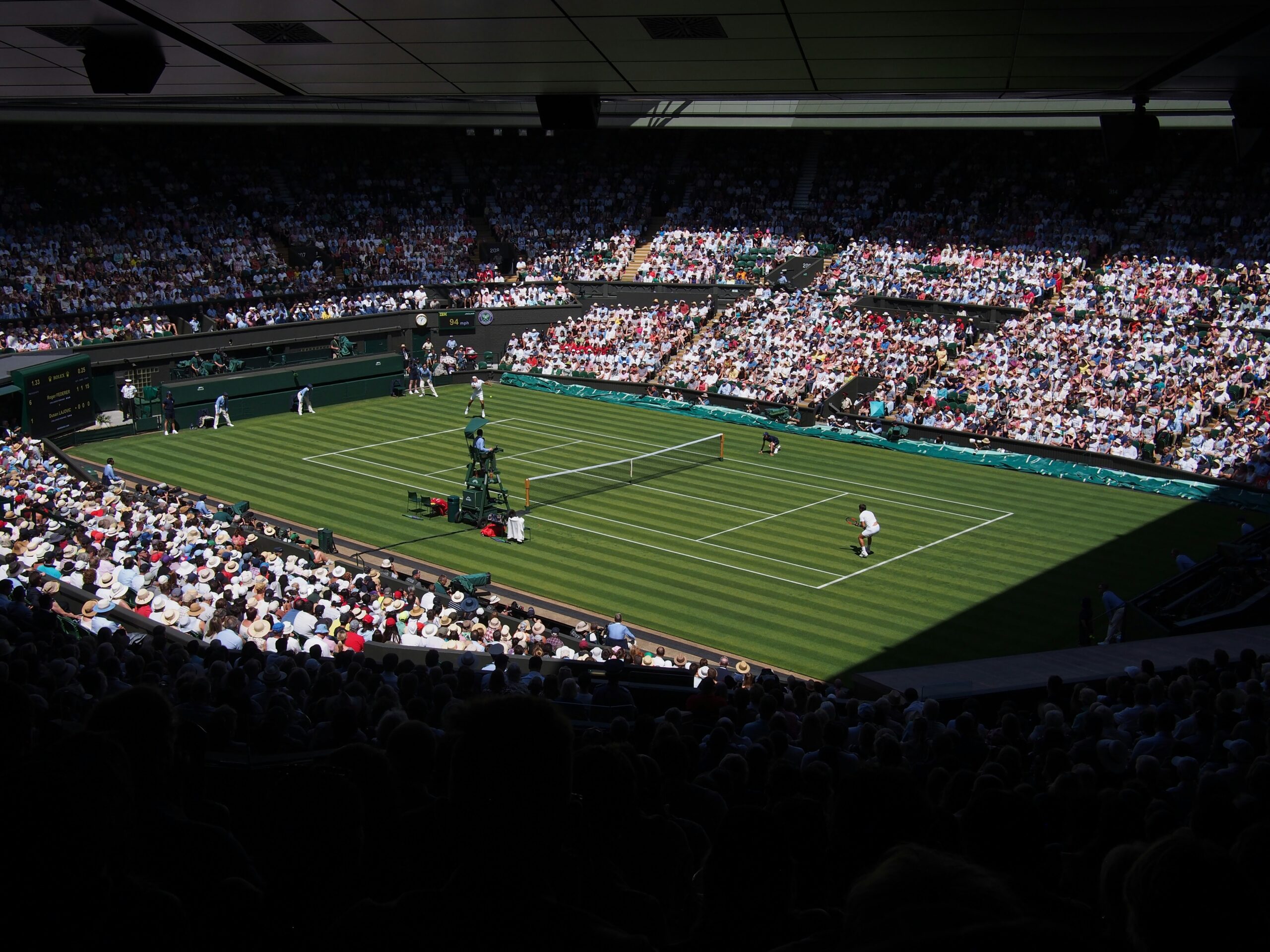Introduction
Longevity sport is more than just physical activities as they’re strategic, health-enhancing movements. They have been linked to increased lifespan and a higher quality of life as we age. From improving heart health and bone density to enhancing cognitive function and emotional balance, longevity sports also represent a natural, accessible approach to aging gracefully and actively. Among the top sports for longevity, tennis consistently stands out. Study found that playing tennis could add nearly 10 years to a person’s life expectancy. Still, lets find out more about which sport is best for longevity?
Tennis is a fun and active sport that helps you stay fit, think quickly, react fast, and make friends. These things are important for staying healthy and living a longer life. Studies have shown that regular tennis players may live significantly longer than non-players, enjoying improved cardiovascular health, muscle strength, and cognitive resilience.
What Exactly Makes Tennis THE “Longevity Sport”?
Tennis isn’t just a game of skill, in other words it’s one of the most effective sports for promoting a longer, healthier life. What makes tennis truly unique is its combination of physical intensity, mental challenge, and social interaction—three pillars of healthy aging that work together to prevent disease, reduce stress, and keep the brain sharp. Research has consistently shown that tennis players enjoy greater life expectancy. People who report playing tennis live up to 9.7 years longer than non-players. This is according to a major study published in the British Journal of Sports Medicine.
Factors that set it apart:
- Full-body movement enhances cardiovascular, muscular, and skeletal health.
- Interval bursts of high-intensity effort improve aerobic capacity and metabolic efficiency.
- Hand-eye coordination sharpens reflexes and supports cognitive longevity.
Social interaction through doubles matches and club play boosts mental well-being and reduces stress. Outdoor exposure promotes vitamin D synthesis and a stronger immune system.
In essence, tennis uniquely blends physical, mental, and emotional elements, all crucial for extending both lifespan and healthspan.
Tennis and Its Role in Health and Longevity
Tennis supports longevity by influencing the three core pillars of well-being:
- Physical Health: Enhances cardiovascular fitness, muscular strength, and additionally, agility.
- Mental Sharpness: Demands focus, strategy, and rapid decision-making, which protect against cognitive decline.
- Emotional Wellness: Promotes social interaction, stress relief, and mood elevation through the release of endorphins.
Regular participation can lead to better balance, coordination, and endurance, all of which are vital for maintaining independence and quality of life in older adulthood.
Popular Types of Longevity Sports and Their Healing Benefits
While tennis leads the pack, several other sports are also associated with longevity. Each of these sports taps into specific aging-reversal mechanisms, whether through improved circulation, reduced inflammation, or mental engagement.
| Sport | Key Longevity Benefit |
| Tennis | Cardiovascular health, neurocognitive support, social bonding |
| Swimming | Enhancing lung capacity, strengthening muscles, reducing joint stress, boosting flexibility, supporting mental clarity, lowering stress levels, promoting relaxation, increasing metabolism, and enhancing overall endurance |
| Cycling | Boosts cardiovascular fitness and metabolic function, improving mental focus, supporting balance and coordination, and lowering the risk of chronic diseases and promoting weight management. |
| Badminton | Improves reflexes, coordination, and aerobic capacity |
| Table Tennis | Excellent for brain agility, balance, and mental focus |
| Walking Sports | Gentle movement + community support for older adults |
| Football | Boosting cardiovascular health, strengthening muscles and bones, improving metabolism, enhancing coordination and balance, sharpening brain function, reducing stress, lifting mood, encouraging social interaction, and promoting hormonal balance. |
| Tai Chi | Mind-body connection, flexibility, and stress reduction |
The Science Behind the Longevity of Tennis
Modern research paints a clear picture: tennis is not just beneficial—it’s one of the most longevity-promoting physical activities available. Tennis is also associated with lower mortality rates than other solo activities like jogging or cycling, due to its social component—a crucial factor in mental and emotional resilience as we age.
Key Scientific Findings:
- High Cardiorespiratory Benefit: Tennis improves heart health, as well as reducing risk of cardiovascular disease and stroke.
- Increased VO₂ Max: The aerobic demand from continuous motion and sprinting enhances oxygen utilization—a marker of fitness and longevity.
- Better Bone Density: Weight-bearing movement and impact improve skeletal strength, helping prevent osteoporosis and fractures with age.
- Neurocognitive Protection: Strategic thinking, fast reactions, and multi-limb coordination help keep the brain active and delay age-related cognitive decline.
The Future of Longevity Sport Tennis in Health Science
As the science of longevity evolves, more people are recognizing tennis as a powerful tool for healthy aging-not just a recreational activity. Growing evidence shows that tennis players live longer and also enjoy better physical and mental health. Researchers and healthcare professionals are now exploring ways to integrate this sport into preventive and therapeutic health plans.
What’s Coming Next?
Prescribed Movement Plans: Doctors and wellness coaches may begin recommending tennis as a part of personalized aging programs, in the first place of supplements or prescribing medication or nutrition.
- Smart Tennis Tech: Wearable sensors, smart rackets, and AI-driven feedback could help optimize performance, reduce injury, and track health progress over time.
- Tennis for Older People Programs: Expect to see more age-inclusive tennis leagues and modified versions of the game—like low-impact or walking tennis—designed for older adults who want to stay active safely.
- Mind-Body-Tennis Integration: New studies may highlight the mental health benefits of tennis, tying it into stress reduction, emotional wellness, and even cognitive preservation in older age.
Conclusion
In the future, tennis may not only be viewed as a sport, but as a science-based lifestyle therapy—a fun and engaging way to strengthen the body, sharpen the mind, and improve overall quality of life. With its mix of physical, mental, and social benefits, tennis is well on its way to becoming a cornerstone of holistic longevity care. As health science continues to embrace movement as medicine, tennis stands out as a natural, enjoyable, and evidence-based strategy for living a longer, stronger, and more vibrant life. Whether you’re playing a friendly match, hitting balls for exercise, or joining a local doubles league, every swing is a step toward better health and greater longevity.


